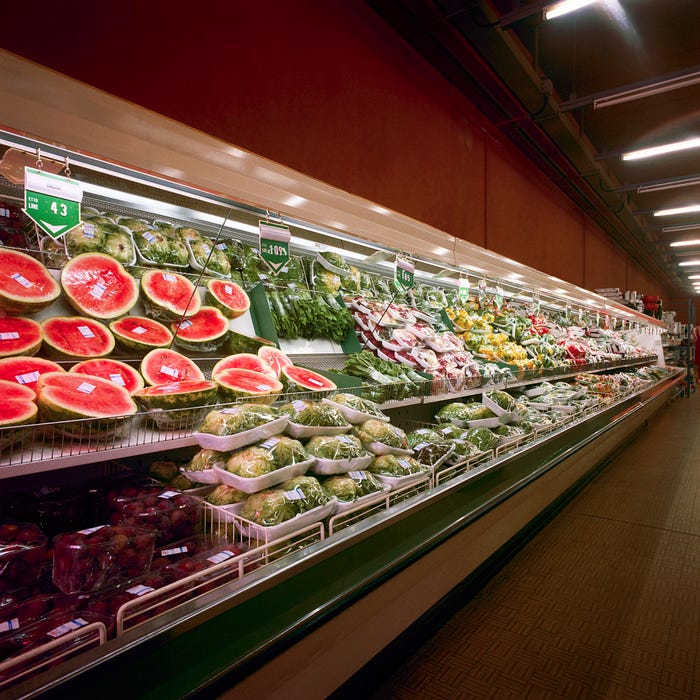MSU study shows packages influence produce purchases
Packaging has a strong influence on consumer purchasing habits, according to a recent study from the Michigan State University School of Packaging.The study found that shoppers prefer to purchase produce that comes in rigid, bio-based plastic containers with a long shelf life and a low price. For example, consumers will opt for sweet cherries in a rigid container rather than the loose ones in a bag, the study stated.
July 12, 2012
Packaging has a strong influence on consumer purchasing habits, according to a recent study from the Michigan State University School of Packaging.
The study found that shoppers prefer to purchase produce that comes in rigid, bio-based plastic containers with a long shelf life and a low price. For example, consumers will opt for sweet cherries in a rigid container rather than the loose ones in a bag, the study stated.
Eva Almenar, assistant professor of packaging at MSU, told PlasticsToday the study was conducted to gain an understanding about what consumers value in terms of packaging.
 "The produce industry continues to get more competitive," she said. "Each company wants their container and product to stand out, and they want to know how they can improve their packaging."
"The produce industry continues to get more competitive," she said. "Each company wants their container and product to stand out, and they want to know how they can improve their packaging."
Until now, not much research had been conducted regarding the packaging influence on the purchasing patterns of fresh produce, said Georgios Koutsimanis, MSU packaging researcher.
A team of MSU researchers, led by Koutsimanis and Almenar, conducted the study that surveyed about 300 participants on fresh produce with a focus on sweet cherries.
They developed an online survey platform where consumers answered three different sections including demographic information, questions about the types of packaging they purchase, and simulations of different types of produce packages.
"Consumers believe the type of packaging material could affect the quality of the food product, and the rigid container may provide better protection compared to the flexible bag," Koutsimanis said. "The preference for bio-based versus petroleum-based plastics shows an increased awareness of the environmental aspects of packaging materials."
Koutsimanis said based on the information they gathered, the researchers are looking into developing a container to meet those needs and make it commercially available.
In addition to a preference for bio-based containers over petroleum sourced, Almenar said consumers want value and request convenience such as easy-to-open packages.
"The results will primarily enable the fresh produce industry to develop packaging concepts and systems that better meet consumers' needs and preferences," Koutsimanis said. "In turn, consumers will benefit from an enhanced packaging convenience and a produce shelf life extension matching current lifestyles."
The study will be published in a forthcoming issue of the journal Appetite.
About the Author(s)
You May Also Like


